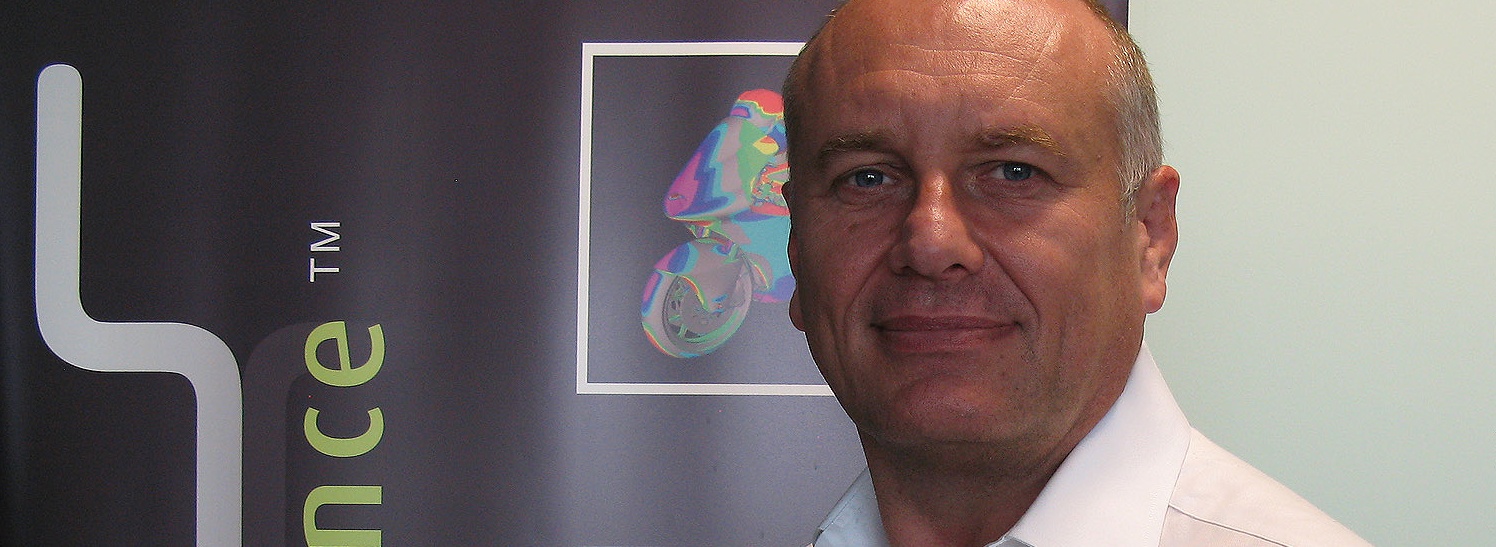 Whether you’re a small business or a large corporation, your main goal should be focusing on running your core business, which includes managing your costs. Bringing in a third party cost consultant will help you better manage expenditure so your company can become more profitable.
Whether you’re a small business or a large corporation, your main goal should be focusing on running your core business, which includes managing your costs. Bringing in a third party cost consultant will help you better manage expenditure so your company can become more profitable.
Rather than tackle this task on your own, companies are encouraged to hire a professional who has knowledge and experience to assist or take care of it completely. A cost consultant can develop and implement a strategy that will stop your cost base from increasing exponentially.
While hiring a cost consultant has many benefits to your company, they are not to be confused with a cost broker. Although they have some similarities and work in the same sector, they are not the same thing. While you are considering bringing in a cost control service, it is important to know the difference between a broker and a consultant.
Cost brokers are like a “middle-man” that assists companies in procuring cost rates from suppliers. Like a cost consultant, a cost broker will shop around, comparing prices from a variety of suppliers, present those rates to their clients and make suggestions on which supplier the client should contract. Since they have access to multiple providers they should be able to produce rates much faster than if a company was shopping around on their own. A good consultant will be able to assist further in that he will have access to better deals than most companies will have access to and potentially better than some brokers
Unlike a cost consultant, cost brokers do not typically perform an analysis of the company’s current and future needs and determine the most suitable product type or service that will enable increased savings on costs.
When working with an experienced cost consultant, the needs of each individual company will be established and matched with a strategy that has that company’s best interests in mind. A cost consultant will provide on-going support and expertise, whereas a cost broker will usually offer a one-time service for the initial purchase.
In many cases, a cost broker will recommend specific suppliers and products because these preferred options will help that cost broker make more money through commissions and other fees. For the same reasons, a cost broker might recommend that their clients sign contracts that are over a longer term, regardless if it’s in the best interest of the client.
When you work with a cost consultant, you are not getting a “middle man” who works on commissions from the cost suppliers. You are getting a procurement manager who becomes a member of your team.
As cost consultants, we don’t receive compensation based on how many specific units your company uses, how much you are contracted for, or on the length of your term. We work together with suppliers and companies to procure the best product specific to each individual client’s needs and goals.
A cost consultant can help you to understand contractual terms, conditions, volume thresholds, products and services so that you can make a decision for your company that is within your budget.
Unlike a cost broker, a consultant will constantly monitor your portfolio, benchmark your performance, and keep an eye out for billing issues and any new products or services that will be beneficial.
Learning the differences between cost brokers and cost consultants will help your company make the best decision for its needs. With professional consultation and on-going management, choosing the right type of service can, increase cost efficiency, produce substantial savings and ultimately drive your profit in the right direction.
Maybe we should produce a sticker “a consultant is for life not just for Christmas!!”